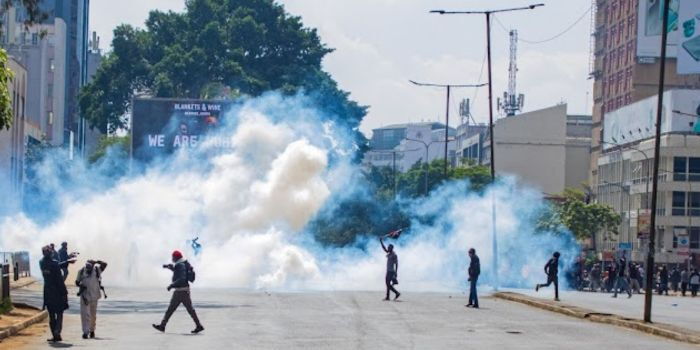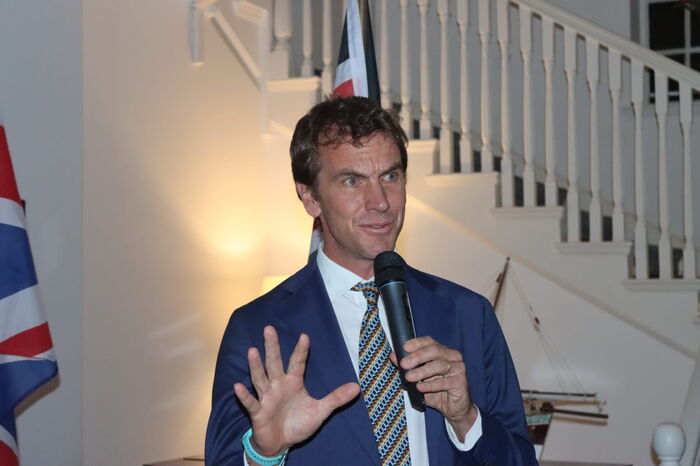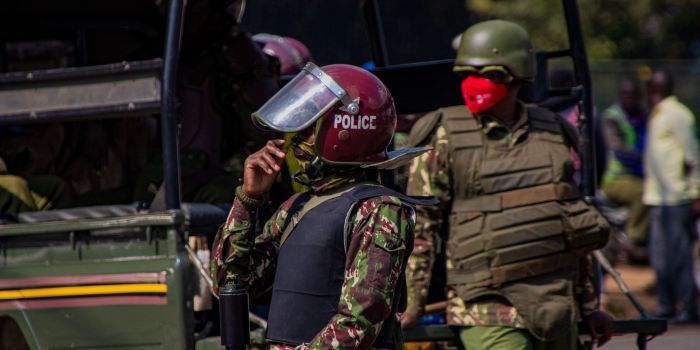Tensions have sharply escalated between Kenya and several Western countries, led by the United Kingdom, over the handling of recent protests and the role of foreign diplomats in Kenya’s internal affairs.
The dispute centers on a joint statement issued by ambassadors and high commissioners from countries including the UK, the US, Germany, and others, which called for the protection of protesters ahead of the June 25 demonstrations.
The Kenyan government swiftly condemned the statement, accusing the foreign envoys of interfering in the country’s sovereignty and internal political matters.
In a formal diplomatic note, Kenya’s Ministry of Foreign and Diaspora Affairs defended its policing approach and cautioned against what it described as “overly prescriptive” foreign commentary that fails to appreciate Kenya’s complex political and security environment. The government reiterated its commitment to constitutional freedoms but emphasized that the state must maintain law and order with “restraint, legality, and care”.
In response, the UK Deputy High Commissioner Dr. Ed Barnett appeared on NTV to defend the joint statement, stressing that it was issued in good faith to encourage peaceful demonstrations and uphold human rights.
Barnett explained that such statements are part of the broader bilateral relationship between Kenya and the UK, which includes open dialogue on difficult issues like governance and human rights. He underscored that the UK’s position reflects long-standing democratic values and is not an attempt to meddle but rather to support Kenya’s rights-based governance.
Barnett also expressed condolences to families who lost loved ones during the protests and called for accountability for all individuals who broke the law, regardless of their affiliation.
He pointed to repeated human rights violations, including the controversial death of Albert Ojwang in police custody, as reasons why diplomatic missions felt compelled to speak out to encourage peaceful protest and protect those exercising their rights.
Meanwhile, Interior Cabinet Secretary Kipchumba Murkomen publicly criticized the international community and church leaders for what he described as partisanship and selective condemnation.
Murkomen argued that foreign actors censured the government’s handling of protesters but remained silent when “goons” hijacked demonstrations and caused chaos. He condemned the use of masked police officers and warned against external interference without due diligence.
This diplomatic rift unfolds against the backdrop of Kenya’s ongoing struggle to balance democratic freedoms with security concerns amid a politically charged environment.
The government insists that alleged violations are addressed by independent institutions such as Parliament, the Judiciary, and oversight commissions, rejecting what it sees as foreign intrusion into domestic governance2.
The episode highlights a broader recalibration in Kenya’s foreign policy tone, signaling growing sensitivity to Western scrutiny and a firm stance on national sovereignty.
As protests and political tensions simmer, the clash between Kenya and its Western partners underscores the delicate interplay between international human rights advocacy and respect for state sovereignty in a complex democratic landscape






